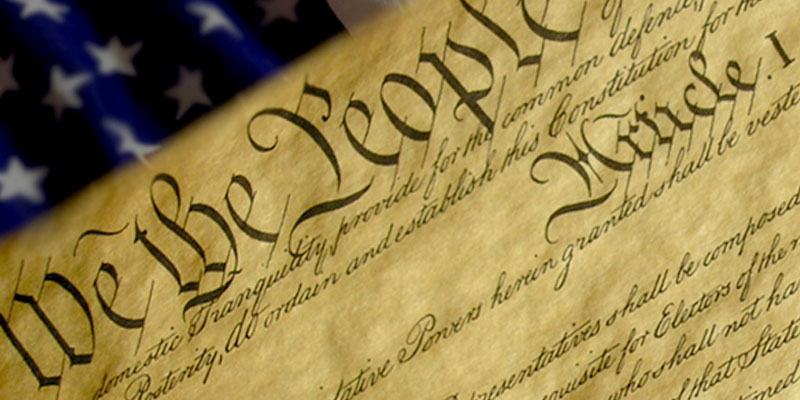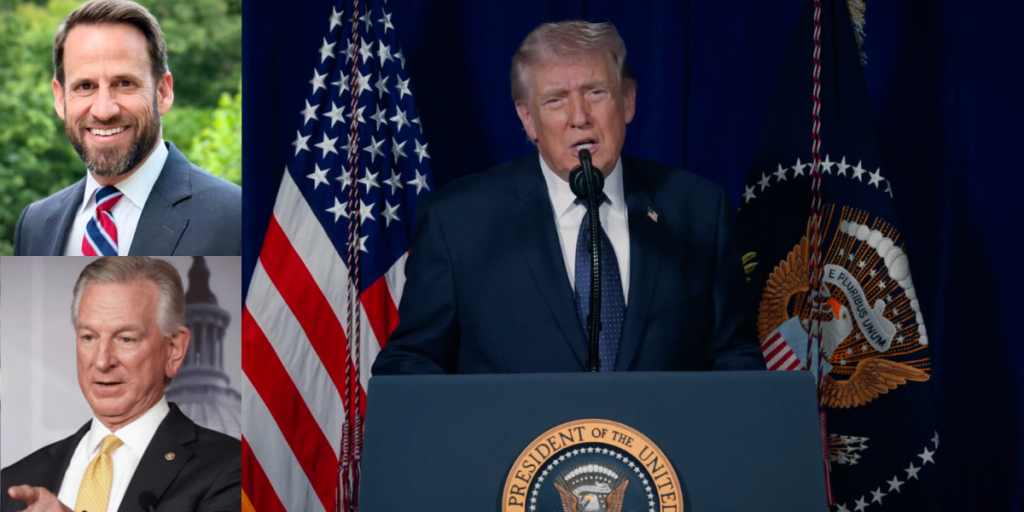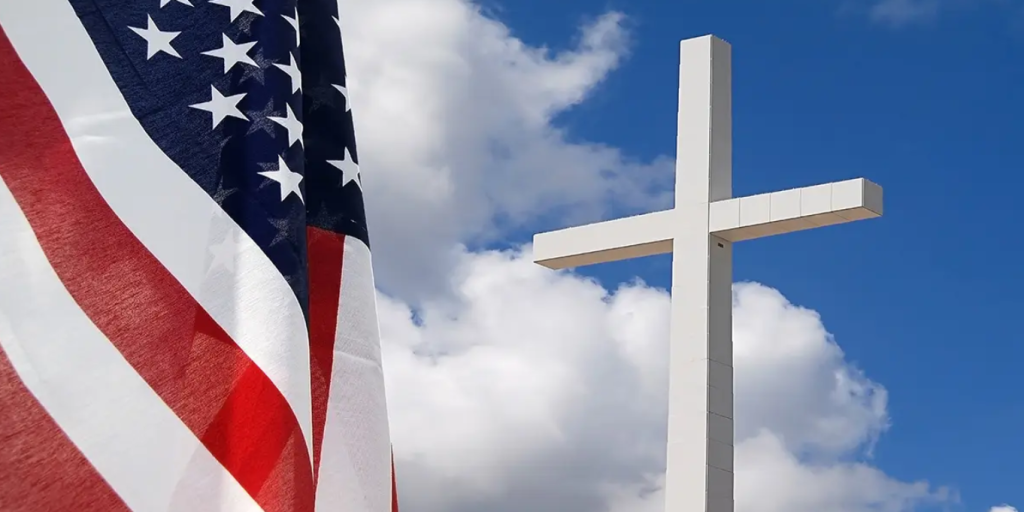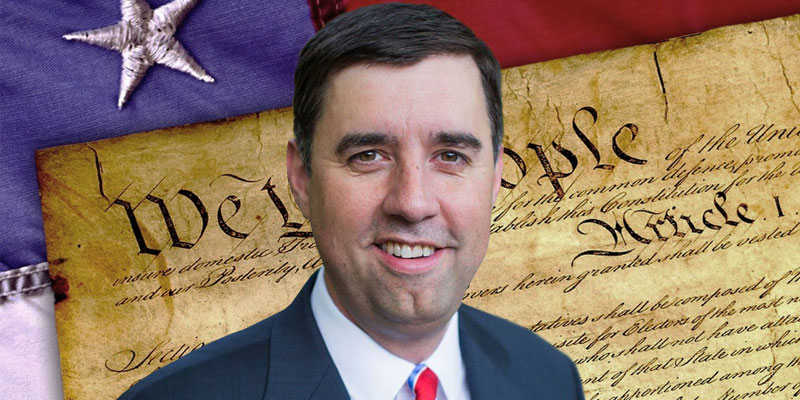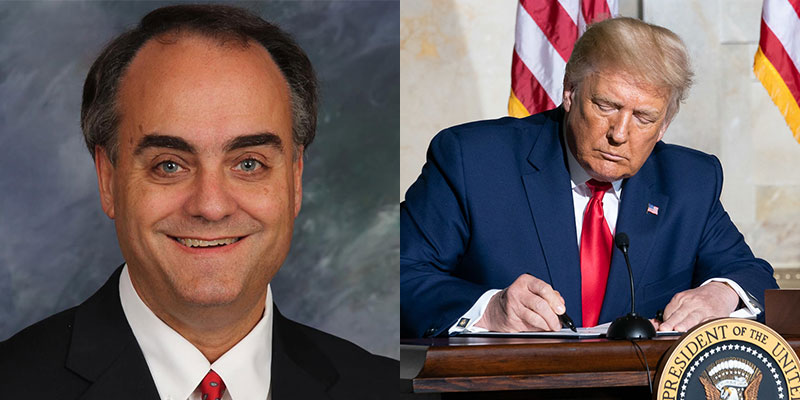Today is Constitution Day.
On this day in 1787, our Founding Fathers gathered in Philadelphia to sign the Constitution. They had been meeting together throughout the hot summer to debate what form of government would best protect our hard-won freedoms and give our young nation the best chance to endure.
Little did they know, as they signed the Constitution, that the bold experiment they were undertaking would not only enable the United States to survive, but also lead to the development of the strongest, freest, most prosperous nation the world has ever known.
It is worth pausing today to reflect on the majesty of the Constitution and consider several features that have helped to make America great.
First, the Constitution confirms that “We the People” are sovereign. Our rights do not come from government. Our rights come from God above — and “We the People” have instituted government to protect our rights. We do not exist to serve government; the government exists to serve us. Let us never forget that.
Second, the Constitution structures our government to protect liberty. The founding generation suffered under the boot of King George, and our Founding Fathers were rightly concerned that a new tyrannical regime would arise in America if power could be concentrated too easily. To guard against the risk of tyranny, our Founding Fathers divided power throughout our government. At the national level, power was separated among the Legislative, Executive and Judicial branches. And through federalism, which was later reinforced in the Bill of Rights, all power not specifically given to the federal government remained with the states and the people. This diffusion of power continues to make it extremely difficult for a leader or faction to gain excessive power and trample on our individual rights.
Finally, the Constitution defines the proper role of the federal courts. Article III of the Constitution lays out the powers and responsibilities of the federal judiciary. As Chief Justice John Marshall made clear in the early case of Marbury v. Madison, under our Constitution, it is emphatically the province and duty of judges to say what the law is, not what it should be. Yet in recent decades, the U.S. Supreme Court has made its own law — by ignoring or minimizing the text of the Constitution in favor of the Justices’ own policy views and ideas of what they would like the Constitution to say. This judicial activism flouts the rule of law, makes a mockery of our Constitution, and undermines the sovereignty of the American people. We need judges who will faithfully follow and apply the law as it’s written, and will not legislate from the bench.
Let’s all give thanks today for the wisdom of our Founding Fathers in writing a Constitution that protects freedom and secures the conditions for human flourishing. And let’s rededicate ourselves to upholding the Constitution—and to holding our government officials accountable when they fail to do so.
Jay Mitchell is the Republican nominee for Associate Justice of the Alabama Supreme Court (Place 4).




